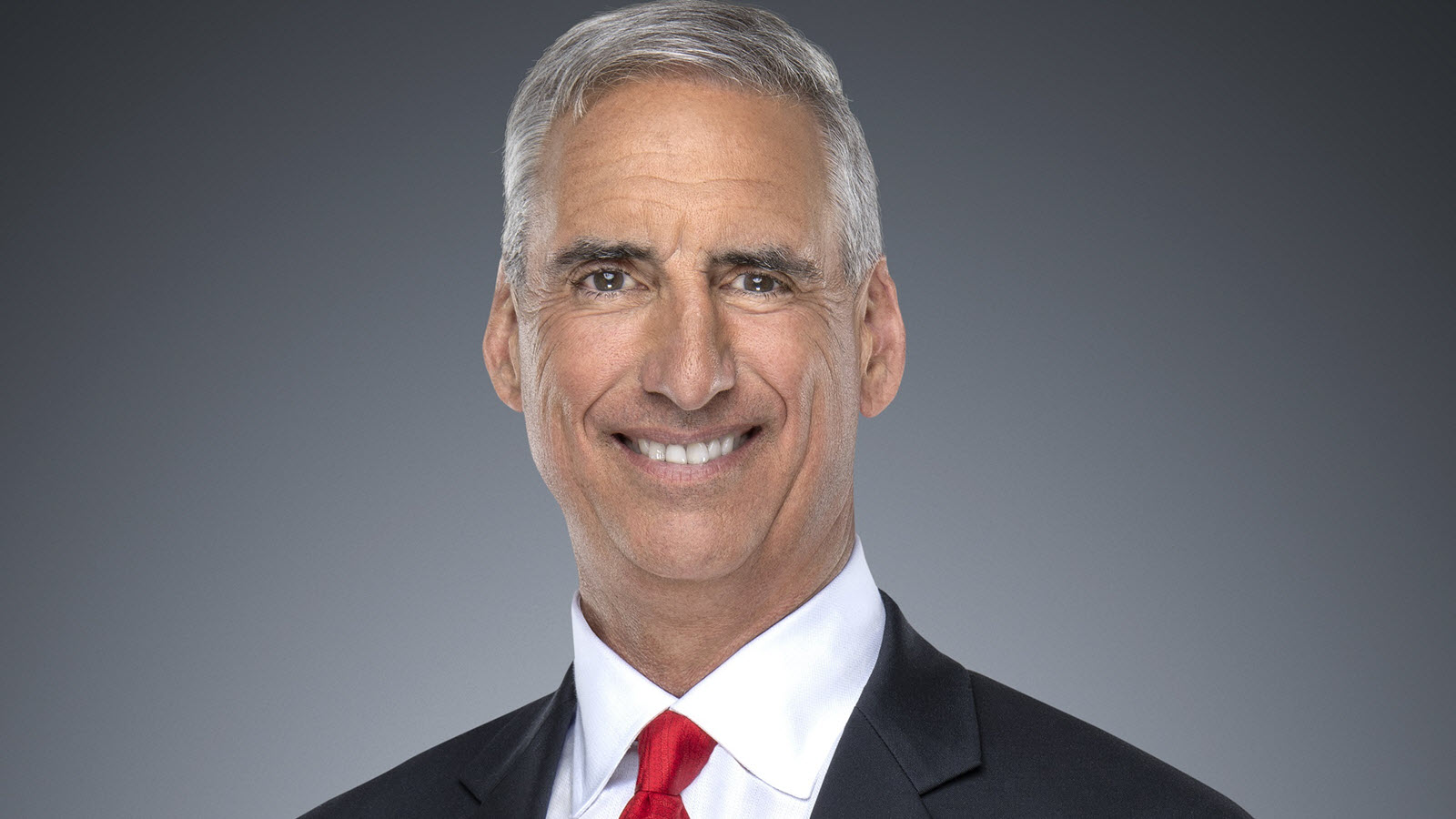McMahon Claims Former XFL CEO Abandoned Duties During Pandemic
The smarter way to stay on top of the multichannel video marketplace. Sign up below.
You are now subscribed
Your newsletter sign-up was successful
The battle between XFL owner Vince McMahon and Oliver Luck continued to heat up this week, with McMahon claiming his former CEO abandoned his duties as the COVID-19 pandemic canceled the alternative football league’s regular season, used a company-issued iPhone for personal use, and signed troubled players.
Luck, a former NCAA and NFL executive, was hired by McMahon to run the fledgling league in June 2018. The league launched on Feb. 8, but canceled its season on March 12 because of the pandemic.
On April 9, a day before the rest of the league’s employees were let go, the XFL fired Luck for what they said was cause, claiming “gross negligence” and a “willful disregard of the lawful instructions of Mr. McMahon” concerning his duties as CEO. The XFL filed for Chapter 11 bankruptcy protection on April 13.
Luck sued McMahon in Connecticut federal court on April 16, for wrongful termination.

According to an affidavit filed on May 13, Luck claims he is owed no less than $23.8 million, including $800,000 in base salary owed for the remaining two months of the 2020 season, a $2 million guaranteed bonus, $15 million in salary for the remaining three years on his contract and $6 million in guaranteed bonuses for the remaining three years on his employment deal. Luck added that he is also owed additional amounts for benefits through June 30, 2023, according to the contract.
[embed]https://twitter.com/XFLVipers/status/1221889988981329921[/embed]
In the termination letter -- which was filed as an exhibit in Luck’s affidavit -- McMahon and XFL parent Alpha Entertainment claims of “gross negligence” by the former CEO included his decision to sign former Cleveland Browns wide receiver Antonio Callaway to an XFL contract with a “substantial” signing bonus of $125,000. According to the letter, Luck made the signing without permission from McMahon, who had requested he sign off on players with questionable backgrounds. Callaway had past drug use problems (mainly for marijuana) and run-ins with the law.
The smarter way to stay on top of the multichannel video marketplace. Sign up below.
The letter continued that Luck failed to terminate Callaway immediately, and he was later injured in a practice session with the XFL’s Tampa Bay Vipers, leading to medical and worker’s compensation costs “well in excess of six figures.”
Luck countered that McMahon was well aware of Callaway’s signing, and that the deal was made as part of the XFL owner’s directive to attract higher quality players. Luck added that it was the XFL’s policy to “refrain” from testing for marijuana, and to reject players from the pool that could be drafted only if they had a felony conviction or a conviction for dealing drugs; had multiple misdemeanor convictions establishing a pattern; or if a credible allegation of sexual assault or domestic violence had been made against him.
[embed]https://twitter.com/XFLVipers/status/1223037946418417664[/embed]
“Callaway did not fit into any of those categories and was not disqualified under XFL policies that were in place at the time he was signed to play in the XFL,” Luck claimed in the document.
When McMahon informed Luck during the week of Jan. 26 that he wanted Callaway terminated, Luck said he did just that.
“He [Callaway] never played a down in the XFL,” Luck’s affidavit claims.
McMahon also claimed that Luck “failed to exhibit any of the vigor and work ethic required of a CEO of a start-up enterprise in these trying times,” failing to devote “substantially all of [his] business time to the performance of [his] duties since March 13th, which itself is grossly negligent under the circumstances.”
In his affidavit, Luck said he did return home to Indiana on March 13, but that the league closed its offices on Sunday March 15 and ordered all staff to work from home because of the pandemic. On March 20, Connecticut Gov. Ned Lamont issued a stay-at-home order in the state, asking all non-essential businesses to have their employees work from home.
As far as the cell phone, McMahon claims that when his lawyers asked Lack to return the iPhone issued to him, he failed to do so. Later, McMahon claims, Luck’s attorneys asked bankruptcy court counsel if there was a company policy about personal use of the phone.
“There was such a policy,” McMahon claims in his filing. “Thus, that phone and its contents are now evidence supporting Luck’s termination for cause.”
According to the suit, McMahon -- who also is the chairman, CEO and controlling shareholder of professional wrestling conglomerate WWE -- personally guaranteed Luck’s compensation. That is likely the reason the former CEO is suing McMahon individually instead of the bankrupt league.
